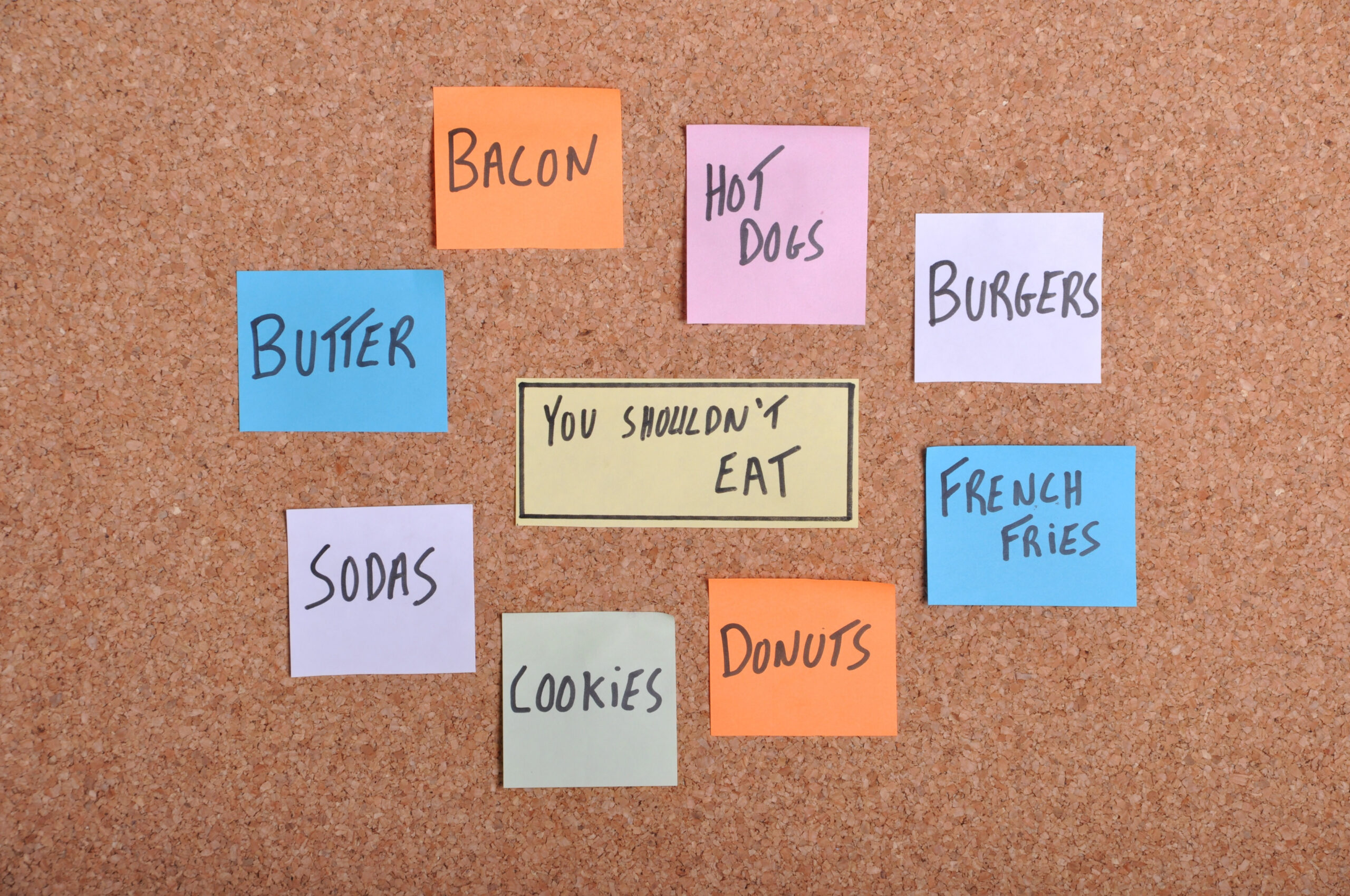Are you ready to finally stick to your diet plan and see results fast? If so, then this article is for you. Dieting can be challenging, but it’s essential if you want to achieve your weight loss goals. In this post, we will discuss how to set realistic goals, create a meal plan that works for you, understand portion sizes and calorie counting, stay motivated throughout your journey, track progress, and celebrate small wins. Let’s get started!
Introduction to Dieting and Why It’s Important:
Dieting is the process of consuming food in a regulated manner to maintain or improve health. It involves making conscious choices about what you eat and drink to ensure that you are getting all the necessary nutrients while also staying within your daily caloric needs. A well-planned diet can help prevent chronic diseases such as obesity, heart disease, type 2 diabetes, and some types of cancer. Therefore, it’s crucial to have a balanced and varied diet that provides all the essential vitamins, minerals, carbohydrates, proteins, and fats required by our bodies.
Need a Strong Nutrition Boost for Your Diet? Take a Look...
Setting Realistic Goals for Your Diet Plan:
One of the most significant mistakes people make when starting a new diet is setting unrealistic goals. To avoid frustration and disappointment, it’s best to start with modest targets and gradually increase them over time. For example, instead of aiming to lose 10 pounds per week, try setting a goal of losing one pound per week. This way, you can build momentum and confidence as you move towards your long-term objectives. Additionally, breaking down larger goals into smaller ones makes them more achievable and less daunting.
Creating a Meal Plan That Works For You:
A meal plan is an excellent tool for achieving your dieting goals because it helps you visualize what you need to consume each day. The key to creating an effective meal plan is tailoring it to your specific needs and preferences. Start by considering your lifestyle, likes, dislikes, schedule, budget, and any medical conditions or allergies. Then choose foods from all the food groups, including whole grains, lean protein sources, colorful vegetables and fruits, low-fat dairy products, and healthy fats. Remember to balance your macronutrient intake (carbs, fat, and protein) and micronutrient intake (vitamins and minerals). Don’t forget to include snacks and desserts occasionally to keep yourself satisfied and on track.

Understanding Portion Sizes and Calorie Counting:
Portion control is critical when trying to manage your weight. Many people don’t realize they’re eating too much because they’re not aware of proper serving sizes. Use measuring cups, scales, and visual cues like the size of your palm to estimate portions accurately. Also, learn to read labels carefully to determine the number of calories in each serving and total daily intake. Keeping track of your calorie consumption can help you identify areas where you may need to adjust your diet to reach your goals faster.
Staying Motivated Throughout Your Weight Loss Journey:
Losing weight requires dedication and commitment, which can sometimes feel challenging. Stay motivated by setting up a support system consisting of friends, family members, or online communities who share similar interests and goals. Find ways to hold yourself accountable, such as tracking progress through photos, journal entries, or fitness apps. Celebrate every little victory along the way, whether it’s fitting into a smaller dress size or running a mile without stopping. Finally, remember why you started and focus on the positive changes happening inside and out.
Need a Strong Nutrition Boost for Your Diet? Take a Look...

Tracking Progress and Celebrating Small Wins:
Measuring your progress regularly can provide valuable insights into what’s working and what’s not. Take pictures, record measurements, and note how you feel physically and emotionally during different stages of your weight loss journey. Set milestones and reward yourself for reaching them, such as buying a new workout outfit or treating yourself to a massage. Tracking progress also helps to boost self-esteem and reinforce the idea that you are capable of achieving anything you put your mind to.
In conclusion, sticking to a diet plan takes discipline, determination, and consistency. By following these tips, you can create a personalized approach to dieting that fits your unique needs and goals. Remember, slow and steady wins the race, so be patient with yourself and enjoy the ride!












